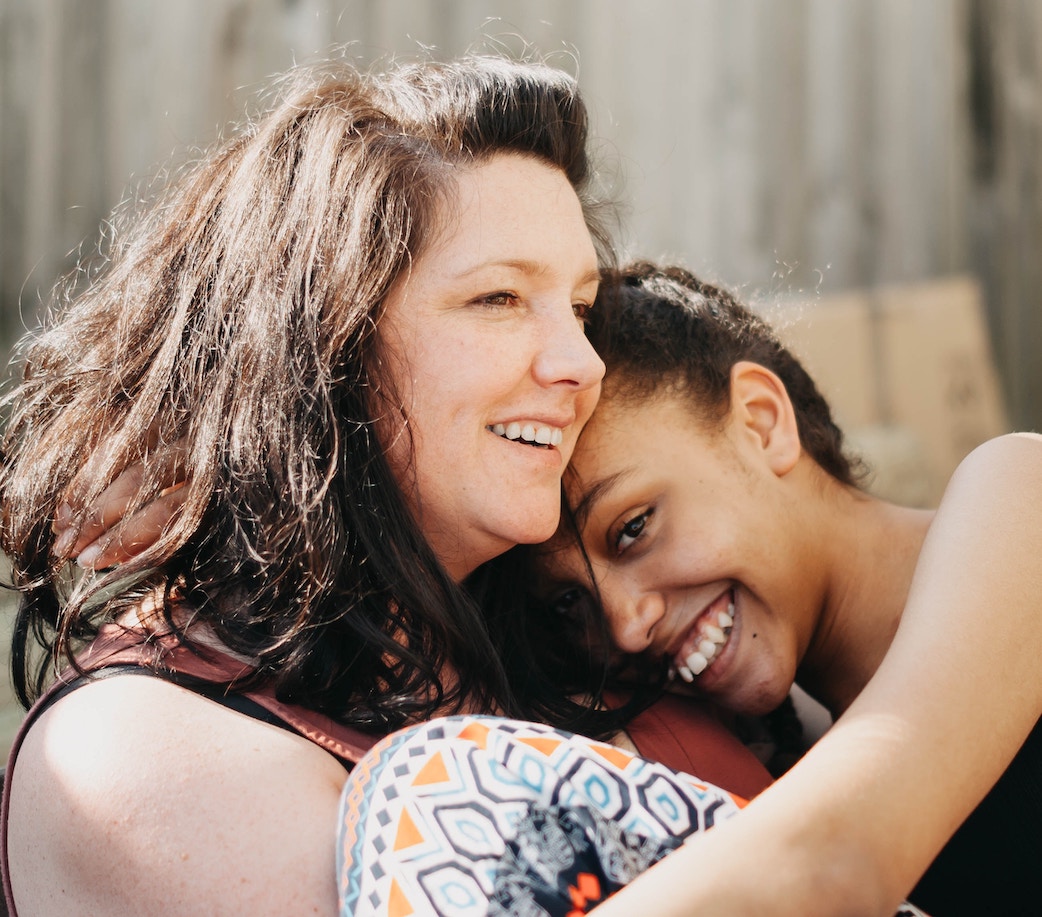written by Jenna Borrelli, LCSW, CHC
 We are a society obsessed with running, and by running I don’t mean the physical activity of running, I mean running from one thing to the next, filling up our lives with countless activities, events, lists, other people, technology, and substances, so that we are rarely ever still and alone with ourselves. For a lot of us, when we are alone and not distracted, we don’t really like how we feel. Maybe you feel pain that you have been suppressing. Maybe you feel lost or confused. Maybe you have overwhelming anxiety or maybe you just feel alone. You could feel these things, other things, or maybe even nothing; either way, this is why I believe we run.
We are a society obsessed with running, and by running I don’t mean the physical activity of running, I mean running from one thing to the next, filling up our lives with countless activities, events, lists, other people, technology, and substances, so that we are rarely ever still and alone with ourselves. For a lot of us, when we are alone and not distracted, we don’t really like how we feel. Maybe you feel pain that you have been suppressing. Maybe you feel lost or confused. Maybe you have overwhelming anxiety or maybe you just feel alone. You could feel these things, other things, or maybe even nothing; either way, this is why I believe we run.
I am urging all of us to take a break this holiday season and to stop running. Allow yourself to have an actual winter break. Teens: take one week away from studying, homework, test prep, college applications, extracurricular activities and anything else that is distracting in your world. Instead, spend your time working on activities that fill you up rather than deplete you. I know many of you will say that this break is great down time to get ahead, prep for the next SAT or complete those final college applications, but I encourage you not to prioritize in this way. Being a teenager today is hard with so many demands on your time, taking breaks and allowing your mind and body to rest and rejuvenate is critical. This break will allow you to be more productive in the future and will support your mental health.
Here are five tips on how to have a rejuvenating winter break and successful transition into 2019:
1. Plan ahead
It is difficult for anyone to have a true break unless they plan ahead. We all have lists that need attending to and projects that need to get done. Therefore, schedule this week of relaxation. It is okay if you have to work harder or more on the weekends leading up to this break; that sacrifice will be worth it. Prioritize what must get done before winter break and what can wait until the New Year. Accept that you will mostly likely still have items on your “to-do” list…and that’s OK!
2. Make your own personal happiness list
As a society I think we often prioritize productivity over happiness. Many of us have fallen into a trap where happiness is linked to productivity. Instead, I want us to experience happiness for the sake of being happy. For many, this feels odd and will take practice, but if you can regularly engage in activities that bring you joy, you will have better mental health. For one week over break do something on your “happiness list” every day.
3. Schedule daily “relaxation time”
I know most of us, myself included, do not take time to relax daily. But regular relaxation is such an important part of maintaining your mental health. This could be (but is not limited to) deep breathing, guided meditation, progressive muscle relaxation, visualizations or yoga. Just 5-10 minutes a day can have a huge impact on your nervous system. The daily routine of being able to sit alone and feel content with the person that you are (flaws and all) and still have a vision of who you want to be is one of the greatest gifts you can give yourself. Relaxation is especially important for teens.
4. End each day with gratitude
For most it is much easier to identify what isn’t going well in our lives rather than what is. What isn’t going well nags on us daily, we get constant life reminders of what we wish we could change or improve, but focusing on the negative is mentally exhausting. We all have something in our life that is causing us stress and we wish would disappear or change. However, I also believe that even in our darkest and most desperate times, there is also good. Take time to record the good, however small or insignificant it may seem, and read the list daily. This is a great way to shift your mindset and retrain your brain to focus on the positives rather than the negatives.
5. Exercise and Sleep
Exercise and sleep both have significant effects on your physical and mental health. I would urge everyone, not just teens, to set a goal for 2019 regarding an exercise and sleep routine. Exercising 30 minutes three to five times a week has tremendous mental health benefits and has been found as effective as medication when treating mild anxiety and depression.
It is recommended that teens get 8-10 hours of sleep per night. However, with hectic schedules, tremendous amounts of homework, extracurriculars and early school start times, most teenagers have a sleep debt. Lack of proper sleep leads to changes in mood, increased irritability, trouble concentrating, increases in risk-taking behavior and reduced athletic and academic performance.
We live in a society where we are supposed to hide our pain and carry on “business as usual.” But by doing this, we create a society of runners that can’t be their authentic selves. We so often show compassion towards others, but rarely ourselves. What would it be like if you gave yourself permission to take 5 minutes everyday to be alone and unplugged from the world? What would happen if you focused on what was going well in your life instead of what was going wrong? What if we give ourselves permission to prioritize our mental health and well-being over our productivity?
Here’s to a restful break and smooth transition into 2019.
A screening can help you determine if you or someone you care about should contact a mental health professional. Care Coordinators can arrange a free 30 minute Care Consultation so you can explore options with an expert. Call or email our Care Coordinators at 650.688.3625 or careteam@stage.chconline.org to set up an initial Consultation appointment.




